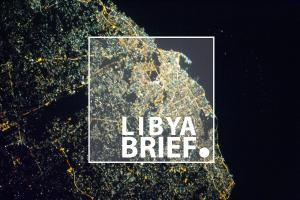Oil, Banks, and Governance - Regional Programme Political Dialogue and regional Integration in the Southern Mediterranean
Single title
To contribute to a deepened understanding of the Libyan economy in its current state, the KAS Regional Program South Mediterranean in cooperation with the Madrid-based think tank Stractegia organized a roundtable within the framework of a two-year series of dialogue rounds dedicated to assess the state of play and identify a possible way forward in order to overcome Libya’s key socioeconomic dilemmas and difficulties. The roundtable on 8 March 2018 in Tunis provided a platform for Libyan-Libyan dialogue by bringing together a variety of experts and stakeholders from within the Libyan economy, who exchanged their analyses and testimonials during panels on the country's oil and banking sectors, the role of the private and shadow economies in absence of effective state governance and the function of municipalities in filling the gap of public service provision.
Libya, the country with the largest oil reserves on the African continent, stopped being a stable supplier to the regional economy. Oil revenues have decreased by a quarter and despite reports of increasing production, the country lags far behind its potentials. The economic crises – seen by some of the experts present as the main motivation behind many faces of the conflict – undermines both social peace and public confidence in the state while it requires the country to stay on the drip of foreign humanitarian and development aid. Inflation accelerated, the black market is thriving, and the future challenges for the Libyan economy range from the reconstruction of the country's infrastructure and a diversification of the sources of revenue to nurturing the private sector and fighting organized crime and corruption. Thus, finding sustainable solutions for the key economic issues in Libya can be the start for a resolution of the crisis, and an emphasis on a united political economy and 'good governance' could be a catalyst for Libyan development.
Read more in the fifth issue of Libya Brief.



